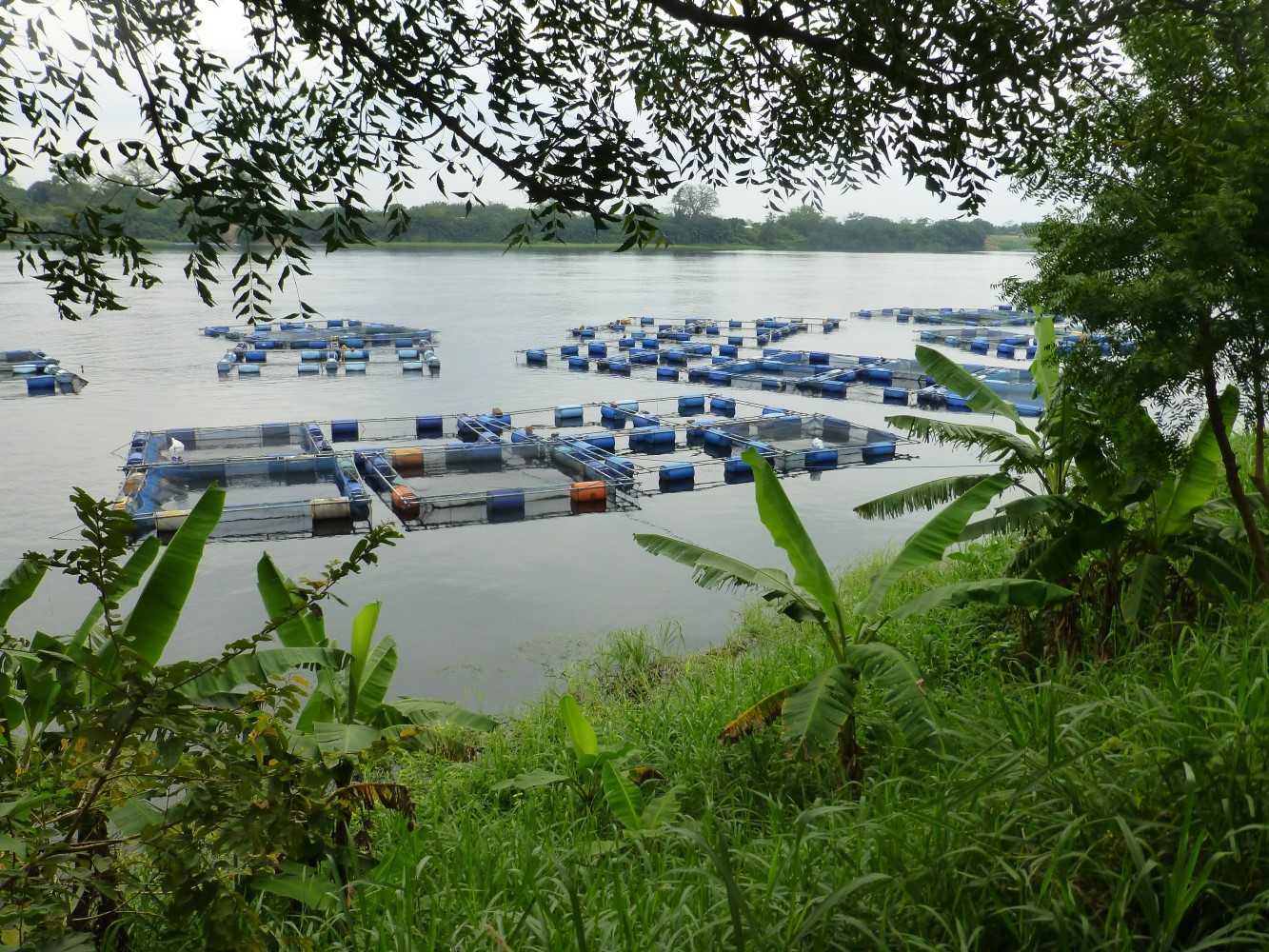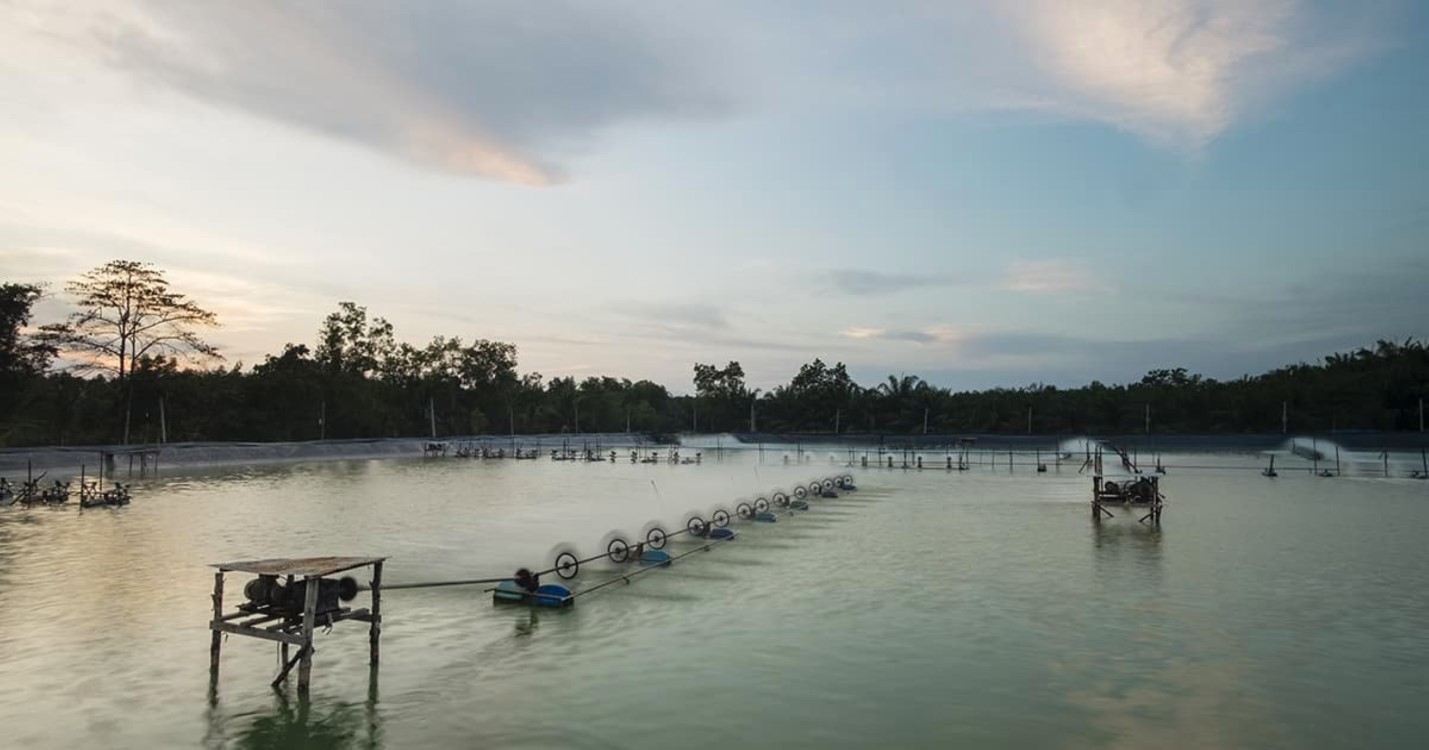Why is aquaculture important?
According to WWF, 85% of the world’s marine stocks are either fully exploited or overfished. Our planet’s population is forecast to expand by over 2 billion people by 2050, and with this growth will come a much greater demand for food, including seafood. Because there is negligible scope for capture fisheries to increase their harvests, aquaculture needs to bridge the gap between the long-term supply and demand, while doing all it can to also reduce the pressure on wild-capture fisheries.
There are many reasons to be optimistic about aquaculture’s increasingly important role in the global food supply. 'The State of World Fisheries and Aquaculture' reports, published by the Food and Agriculture Organization of the United Nations (FAO) state that any future growth in fish production and consumption will mainly come from aquaculture. Accordingly, the industry is rising to the challenge – in the decade 2005-2014, farmed seafood production grew at a healthy 5.8% annually, which was more than four times the annual world population growth between 2010 and 2014.
Without question, aquaculture is best positioned to address the considerable imbalance that exists between the amount of water available to us as a planet and its contribution to the human diet: currently, oceans provide just 2% of the food that we eat despite occupying 70% of the Earth’s surface.
Aquaculture is also one of the world's most efficient and sustainable methods to produce high-quality protein. The industry has low carbon footprint and feed conversion ratio (FCR) as well as high protein and energy retention. Skretting provides innovative and sustainable nutritional solutions that best support the performance of farmed fish and shrimp.


Frequent questions on sustainability
Why is aquaculture important?
According to WWF, 85% of the world’s marine stocks are either fully exploited or overfished. Our planet’s population is forecast to expand by over 2 billion people by 2050, and with this growth will come a much greater demand for food, including seafood.
Are circular economy principles applied to aquaculture feeds?
Yes. In aquaculture, the circular economy utilises by-products and waste generated by supply chains in the production of food for human consumption.
Is aquaculture sustainable?
Yes, when done properly. As a global society, we are around 7.5 billion people heading towards 10 billion by 2050. Not only does this present the problem of an additional 2 billion mouths to feed, human diets are also increasingly shifting in line with growing prosperity.
Are Skretting feeds sustainable?
Skretting is committed to make feeds that meet global sustainability requirements in line with the United Nations Sustainable Development goals (SDGs). Sustainable feeds are essential to support the growth of aquaculture as one of the world's most efficient protein production methods.
Is aquaculture controlled?
In most regions, aquaculture is subject to strict controls throughout every stage of production right up to the point of human consumption. Skretting feeds undergo strict quality control processes. As we take food safety very seriously, Skretting has a global, comprehensive feed to food quality programme whereby we monitor for unwanted substances in both raw materials and feeds.
How is Skretting contributing to feeding a growing global population?
Skretting delivers safe and sustainable feeds and services worldwide to fish and shrimp farmers to ensure the responsible production of healthy and delicious food. We are focused on reducing our environmental footprint and increasing our positive social impact.